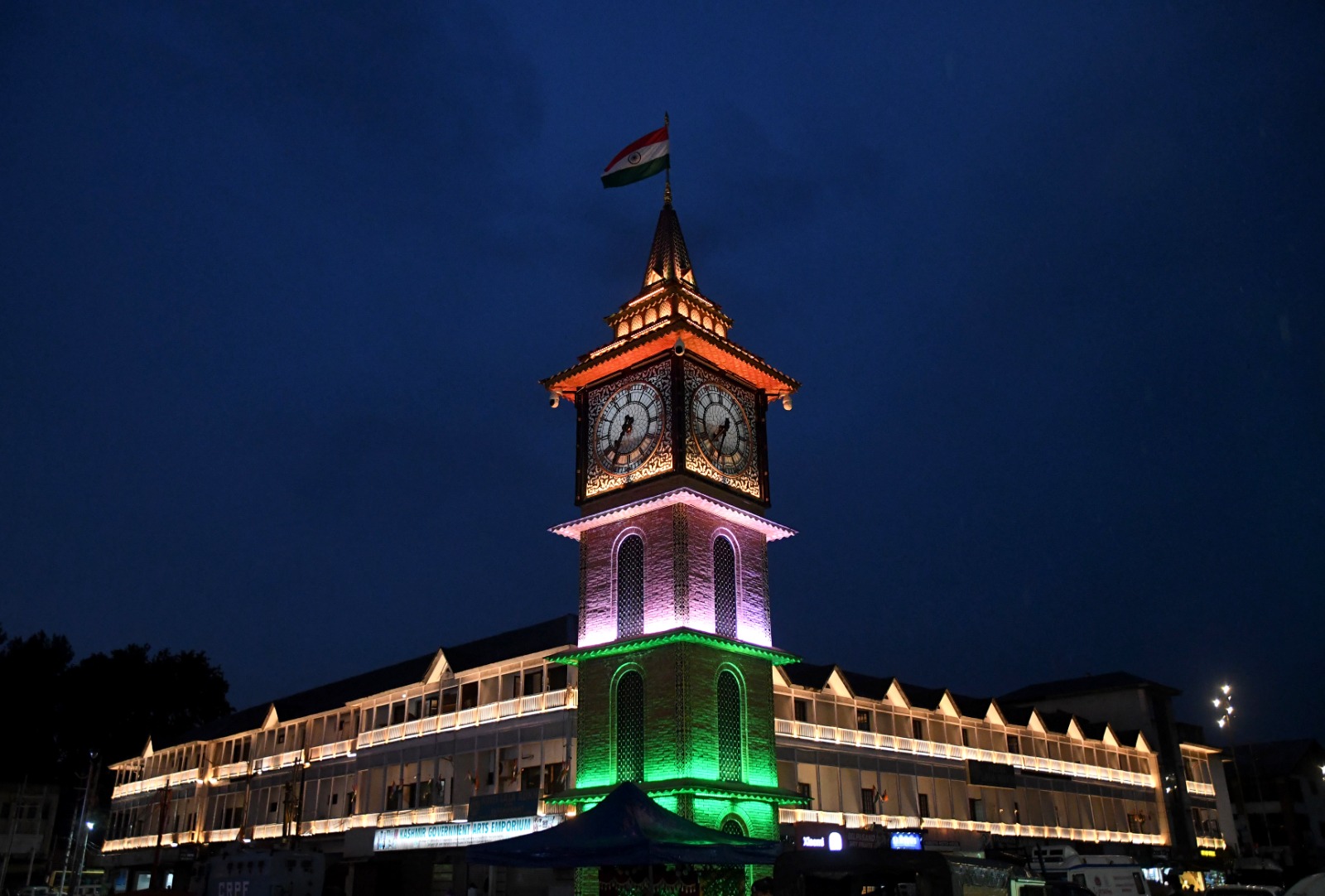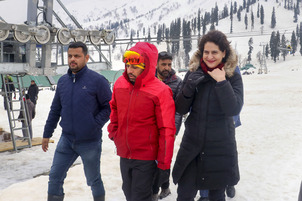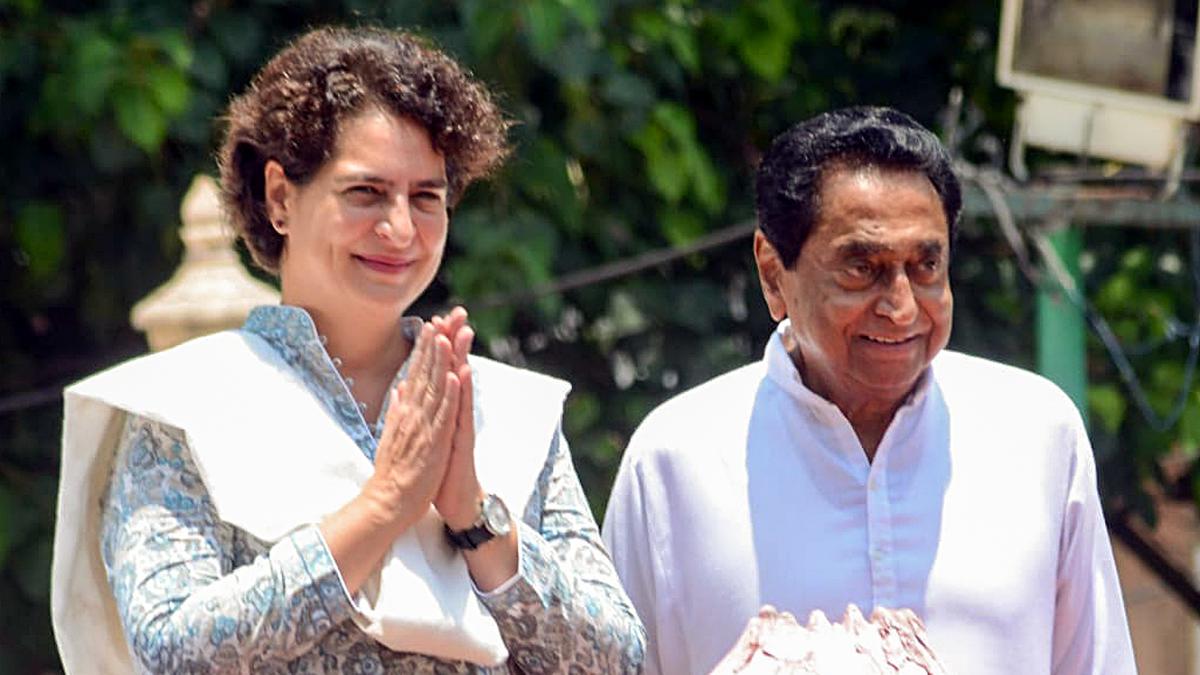Sri Lankan crisis deepens, Rajapaksa declares emergency
Justifying his stand, Rajapaksa said that the decision has been taken to "protect the public order and to maintain uninterrupted supply for the community".

Colombo: Following the widespread protests taking place across the island nation of Sri Lanka due to the country facing severe economic crises, the government has declared a state of emergency in the country. The order gives free hands to security forces to impose the order strictly.
It may be noted that thousands of people had gathered outside in Colombo on Thursday where they held protests against the government and demanded the resignation of President Gotabaya Rajapaksa.
During the protest, several people were detained by the forces while protestors torched public property.
After the incident, Rajapaksa imposed tough laws allowing the military to arrest and detain suspects for long periods without trial.
Justifying his stand, Rajapaksa said that the decision has been taken to "protect the public order and to maintain uninterrupted supply for the community".
The nation of 22 million is facing severe shortages of essentials, sharp price rises and crippling power cuts in its most painful downturn since independence from Britain in 1948.
With the protests spiralling, the police clamped night curfew in the Western Province, which includes the capital, Colombo.
Earlier in the evening, several activists carried placards and oil lamps in the capital while demonstrating at a busy intersection.
"Time to quit Rajapaksas," said one placard. "No more corruption, go home Gota," said another -- referring to the president.
In the highland town of Nuwara Eliya, activists blocked the opening of a flower exhibition by Prime Minister Mahinda Rajapaksa's wife, Shiranthi, police said.
The southern towns of Galle, Matara and Moratuwa also saw anti-government protests, and similar demonstrations were reported in the northern and central regions. All held up traffic on main roads.
Meanwhile, the government has been claiming of seeking a bailout from the International Monetary Fund while asking for more loans from India and China.

















